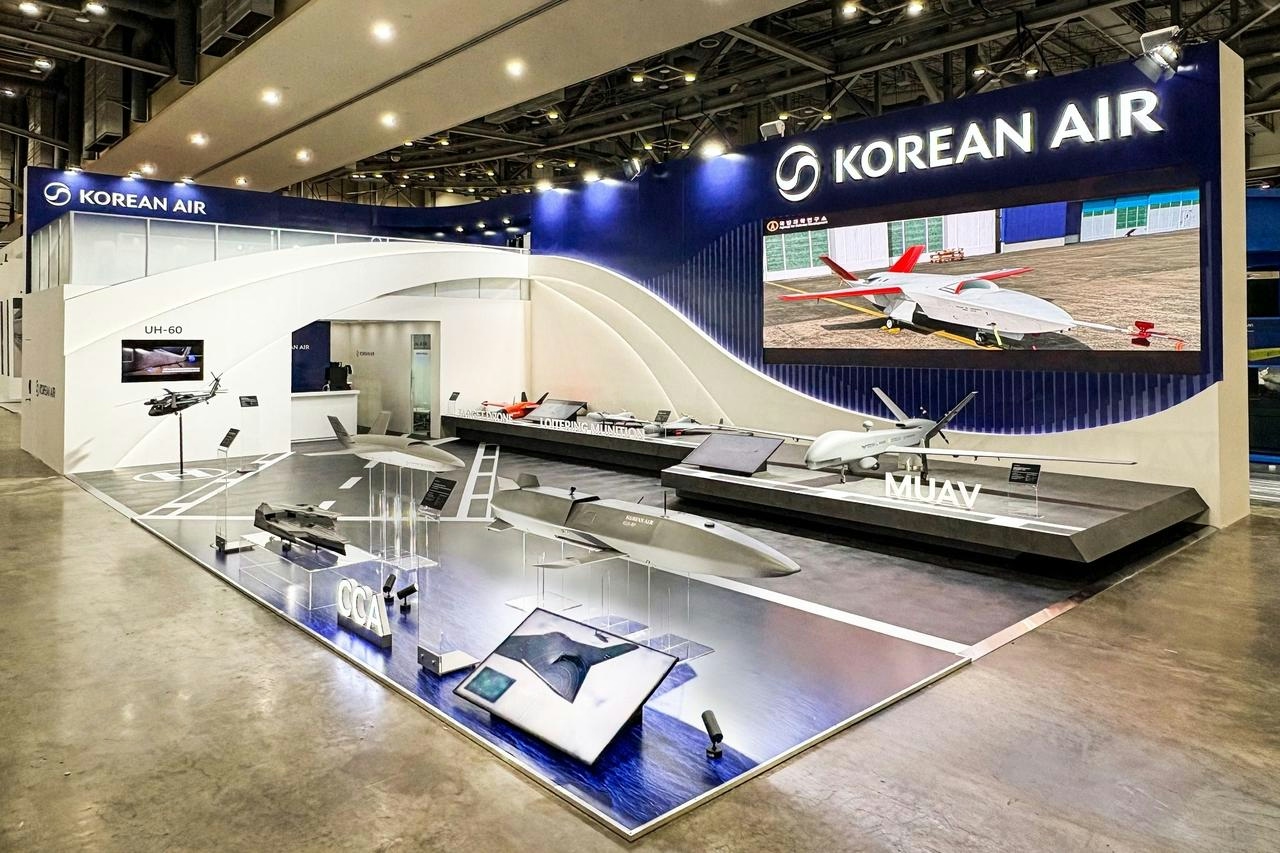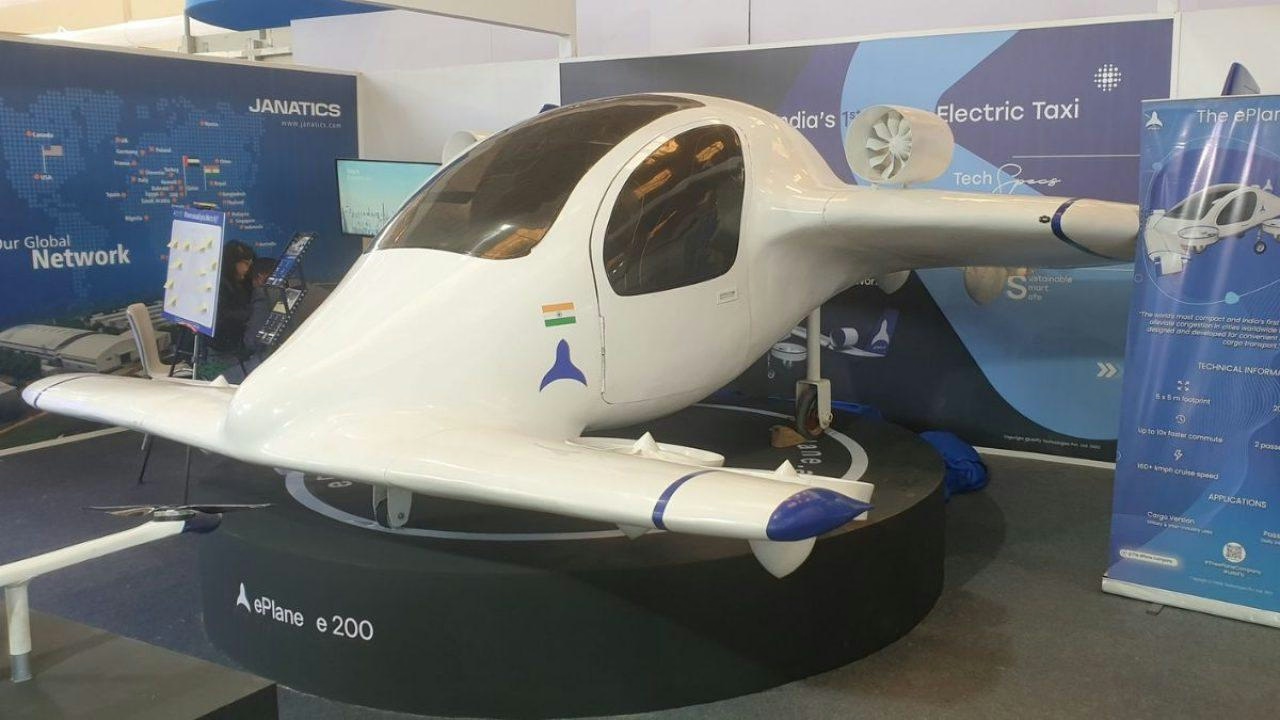AeroGenie — Il tuo copilota intelligente.
Tendenze
Categories
Korean Air Expands Presence in Aerospace and Defense

Korean Air Expands Presence in Aerospace and Defense
Strengthening Global Aerospace Partnerships
Korean Air, South Korea’s largest airline, is intensifying its expansion into the global aerospace and defense industries by capitalizing on its extensive experience in aircraft manufacturing, military aviation support, and maintenance services. The company recently announced plans to deepen its collaborations with major aerospace manufacturers such as Boeing and Airbus, while simultaneously exploring new ventures in defense and advanced technology sectors.
Since initiating wing structure production for the Boeing 747 in 1986, Korean Air has become a key supplier of critical components for various Boeing aircraft models. Currently, the airline manufactures five major structural parts for the Boeing 787, with annual production expected to exceed 120 units as the aviation sector recovers from the pandemic’s impact. To date, Korean Air has delivered over 1,200 units since 2007, underscoring its integral role in Boeing’s supply chain.
Korean Air’s partnership with Airbus has also grown significantly. After winning a competitive international bid in 2012, the company has supplied approximately 4,200 sharklets for the A320 series, outperforming competitors from Japan, Germany, and France. It later secured the position as the sole supplier of sharklets for the A330neo and has contributed to Airbus’s “Wing of Tomorrow” initiative, which focuses on the development of advanced composite wing technologies. Additionally, Korean Air provides cargo and bulk doors for the A350 and manufactures components for Airbus Helicopters, further diversifying its aerospace portfolio.
Expanding Defense Capabilities and Maintenance Services
In the defense sector, Korean Air is gaining significant traction. In April 2025, the company was selected as the preferred bidder for a 1 trillion won ($735.5 million) project to upgrade UH-60 Black Hawk helicopters. This contract builds on Korean Air’s decades-long experience in maintaining and upgrading military aircraft, including the F-4, F-5, F-15, and C-130 models. The airline is also advancing its capabilities in unmanned aerial vehicle (UAV) technology through a partnership with U.S. defense firm Anduril, focusing on the development of autonomous UAVs. This strategic move reflects heightened regional security concerns, particularly in response to the escalating threat posed by North Korea.
Korean Air maintains a strong presence in the maintenance, repair, and overhaul (MRO) sector. Since 1972, it has serviced approximately 5,000 aircraft engines and holds certifications from major aviation regulatory bodies in the United States, Europe, and China. The company joined Pratt & Whitney’s MRO network in 2021 and began servicing PW1100G-JM engines in 2023. It is currently expanding its engine maintenance capabilities from six to nine models, including the GEnx and LEAP-1B engines, while also considering future services for newer models such as the Trent XWB. A new maintenance facility under construction in Yeongjongdo, Incheon, is scheduled for completion in 2027 and is expected to triple the company’s maintenance capacity while generating new employment opportunities.
Challenges and Strategic Outlook
Despite its ambitious growth plans, Korean Air faces considerable challenges. The company must navigate complex regulatory frameworks, keep pace with rapid technological advancements, and compete against well-established global players. Investor skepticism persists due to the high-risk nature of defense contracts, and intensified competition for government deals may lead to pricing pressures.
Nonetheless, Korean Air aims to establish itself as a comprehensive aerospace solutions provider by integrating its civil and defense capabilities across structural manufacturing and engine maintenance. Through reinforcing global partnerships and advancing technological expertise, the airline seeks to expand its footprint in the high-value aerospace and defense markets.

Archer Aviation Partners with NVIDIA to Advance Aviation AI Technology

Chennai Startup to Develop India’s First Electric Air Taxi

Factors Positioning Airbus for Leadership in 2026

Emirates Unveils Cabin Design for New Boeing 777X

Eighteen Years On, the Airbus A380 Remains Central to a $34 Billion Airline

How a boom in luxury airline seats is slowing down jet deliveries

Navitaire Outage Attributed to Planned Maintenance

Airbus Plans Record Delivery of 870 Aircraft in 2026

DigiYatra Debuts Outside Aviation at India AI Impact Summit

Vietnam Orders Strengthen Boeing’s Commercial Outlook
